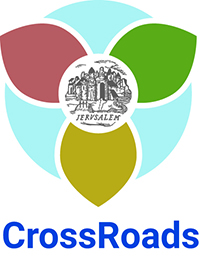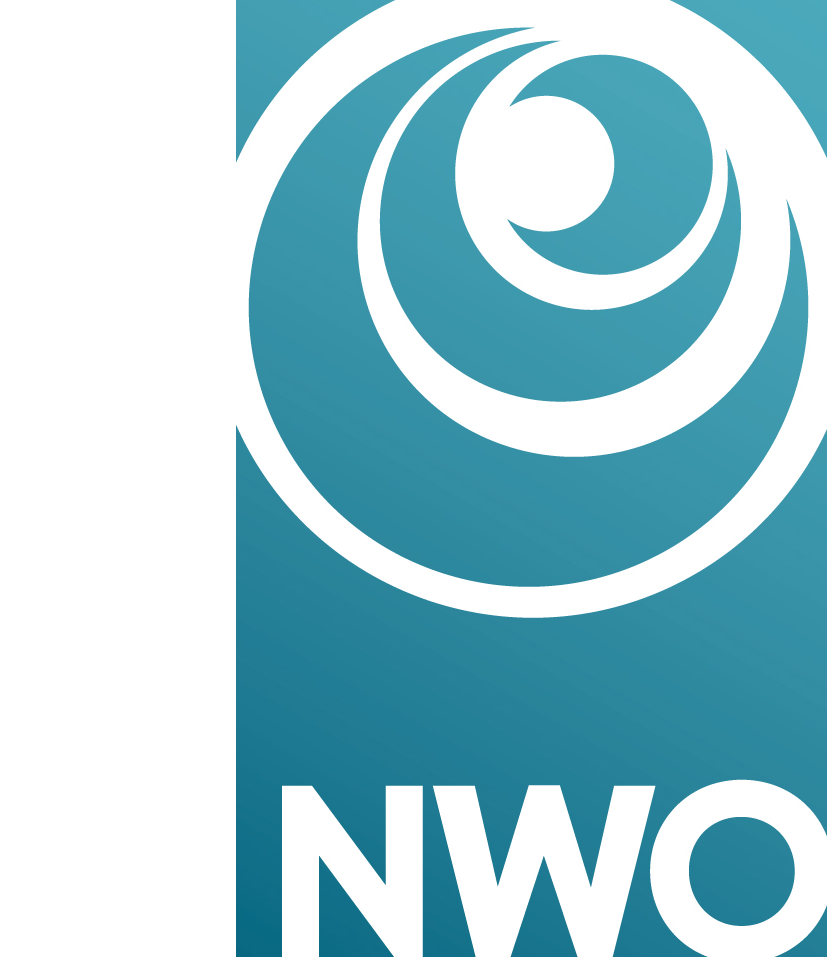Hybrid workshop
European and Arab linguistic endeavours and exchanges in interwar Europe (1898-1948): Teaching and learning Arabic
Leiden University, University Library conference room (2nd floor)
8-9 June 2022



Language teaching and learning was crucial to European national and individual enterprises in the Levant, and ‘Oriental languages’ teachers (as they were termed prior to WW2) were fundamental in these processes. European state nationalisms influenced and increasingly competed with one another by promoting their language and culture abroad, via both private and governmental actors. In parallel, learning Arabic became more prominent. Language was at the heart of the cultural agendas of transnational religious actor (the Vatican, for example, supported the Arabic language of indigenous Christian communities, with the creation, in 1917, of the Pontifical Oriental Institute and the Congregation for the Oriental communities) as a tool and a marker of identity. The first half of the 20th century also corresponded to the emergence of new media; language was thought of as a cultural product to be exported via these new media and via and into new cultural spaces, such as cafés, theatres, cabarets and cinemas.
There remain, however, many blind spots in the history of linguistic thought and practices, including the forgotten or neglected voices of Arabic learning and teaching in Europe. This workshop aims at revisiting this aspect of linguistic encounter, its vision, profiles, priorities, trajectories and practices:
- The profile of indigenous Arabic teachers in Europe (in the schools of Oriental languages, but also elsewhere),
- The role of the Arab diaspora from the Levant established in Europe,
- The linguistic impact of Arab diaspora established in Europe back to the Levant,
- Arabic teachers’ trajectories (Arabs and Europeans),
- Curricula, materials, overview of textbooks,
- How societies and ideologies are reflected in learner dictionaries, vocabularies, and phrasebooks,
- The role of language in the cultural agendas of European states in the Levant.
FORMAT
abstract (300-500 words)- NB no draft article
30 mn presentation (content/ approach, methodology, missing gaps) & 30 mn Q&A
CROSSROADS TEAM
Karène Sanchez Summerer, Associate Professor, K.Sanchez@hum.leidenuniv.nl
Sarah Irving, Lecturer in Middle Eastern history, Staffordshire University and Leverhulme Early Career Fellow, Editor-in-chief Contemporary Levant, sarah.irving@staffs.ac.uk
Sary Zananiri, Postdoctoral Researcher, s.e.s.zananiri@hum.leidenuniv.nl